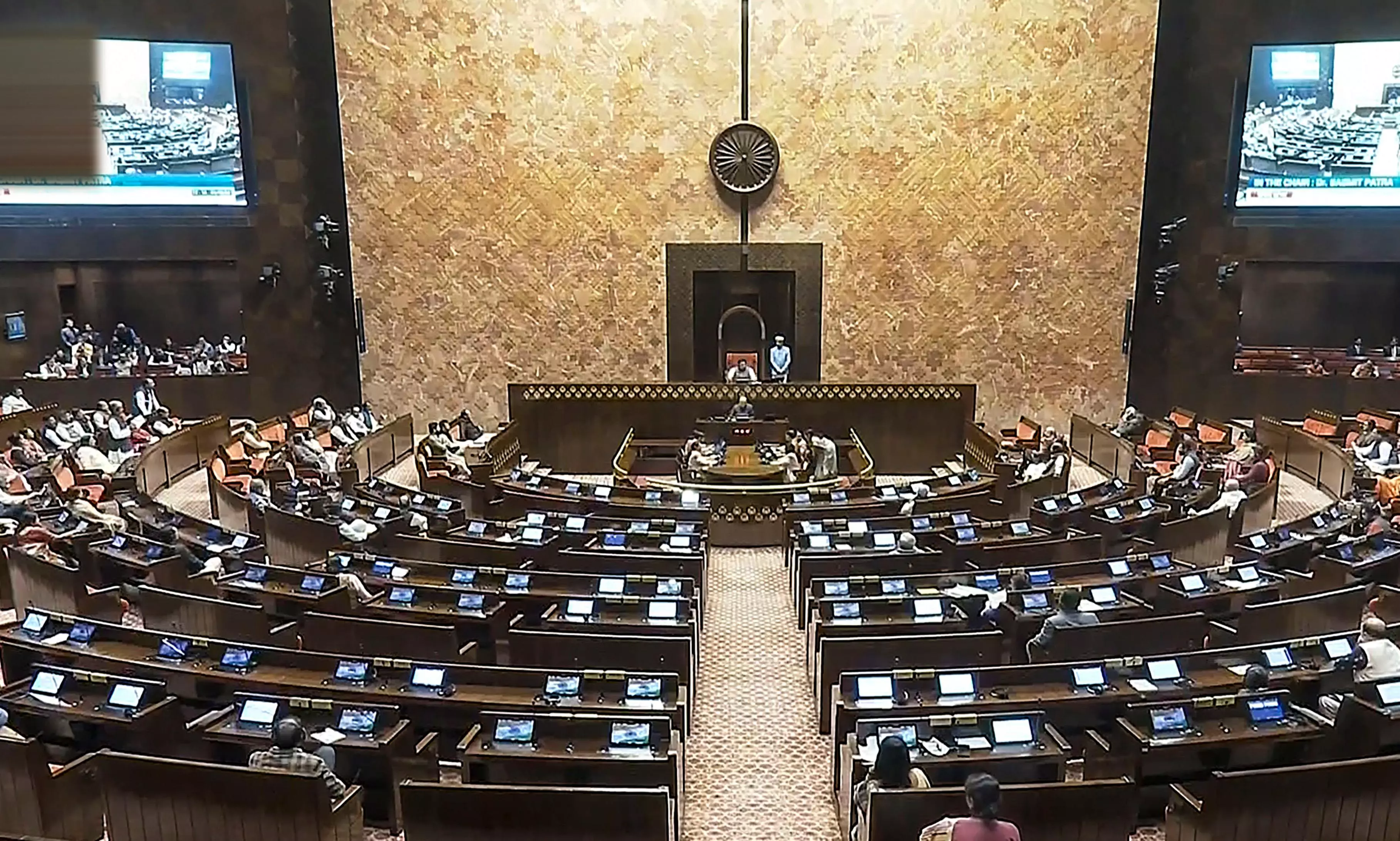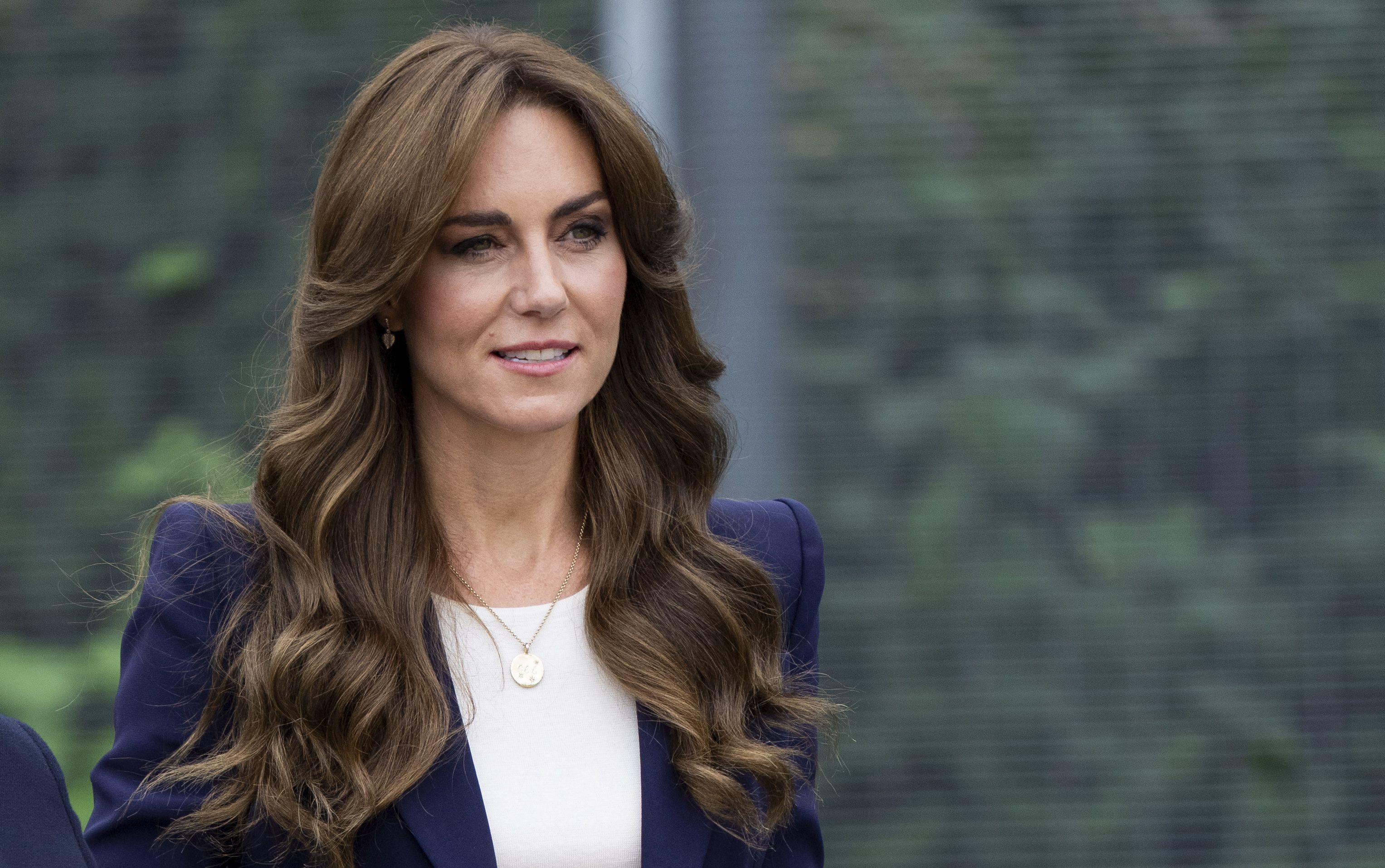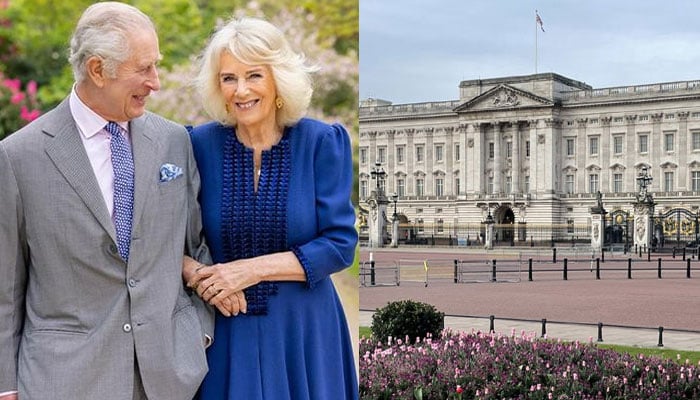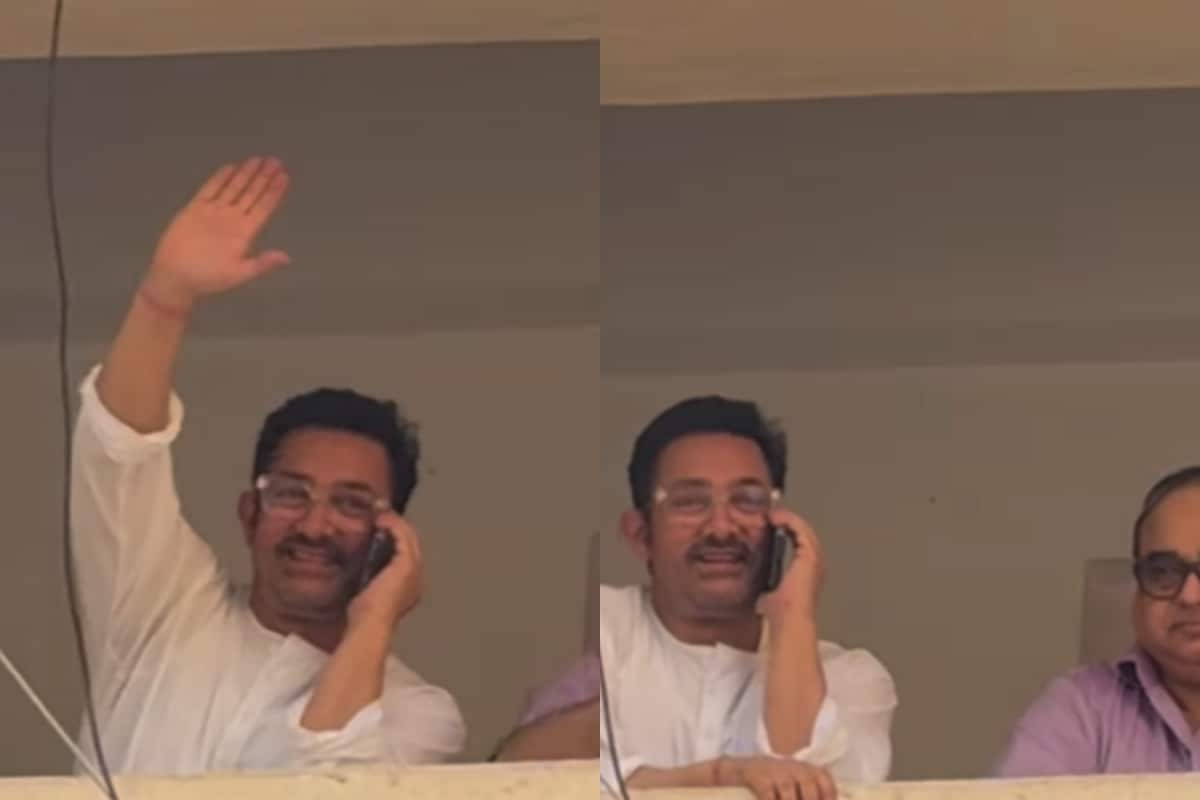The Joint Committee of Parliament (JPC) examining the Waqf (Amendment) Bill, 2024, has wrapped up its scrutiny by approving 14 amendments and rejecting 44 others. The amendments, primarily proposed by members of the ruling Bharatiya Janata Party (BJP) and its National Democratic Alliance (NDA) allies, are expected to shape the future of the Waqf Bill, which will be reintroduced in the upcoming Budget session. The rejection of the opposition's proposed changes has led to tensions, with critics accusing the committee of bias and partisanship.
Amendments Approved and Rejected: A Partisan Divide The JPC's approval of 14 amendments highlights the ongoing party-line divide within Parliament. The ruling BJP-led NDA members have pushed forward changes they consider necessary for the efficient governance of Waqf properties. These amendments aim to enhance the management and oversight of Waqf institutions, modernizing their administration and aligning them with contemporary governance practices.

However, the committee's rejection of 44 amendments proposed by opposition members has sparked strong reactions. Opposition MPs argue that the dismissal of their proposals undermines the democratic process, indicating a lack of cooperation between the ruling party and the opposition. They assert that their amendments were essential to safeguard the interests of minority communities and ensure greater transparency in the management of Waqf properties.
The failure of opposition proposals has deep.

























